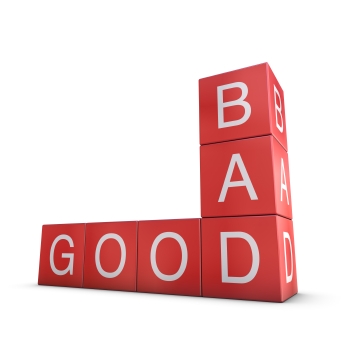Trading is being young, imperfect, and human – not old, exacting, and scientific. It is not a set of techniques, but a commitment. You are to be an information processor. Not a swami. Not a guru. An information processor.
Participating in the markets can only develop your trading skills. You need to become a part of the markets, to know the state of the markets at any given time, and most importantly, to know yourself. You need to be patient, confident, and mentally tough.
Good traders offer no excuses, make no complaints. They live willingly with the vagaries of life and the markets.
In the early stages of your trading career, pay attention not only to whether you should buy or sell but also to how you have executed your trading ideas. You will learn more from your trades this way.
Never assume that the unreasonable or the unexpected cannot happen. It can. It does. It will.
Remember, you can learn a lot about trading from your mistakes. When you make a mistake – and you will – do not dwell on the negatives. Learn from the mistake and keep going.
Never forget that markets are made up of people. Think constantly about what others are doing, what they might do in the current circumstances, or what they might do when those circumstances change. Remember that, whenever you buy and hope to sell higher, the person you sell to will have to see the same opportunity at that higher price to be induced to buy.
Traders who lose follow one of several typical patterns. Some repeatedly suffer individual large losses that wipe out earlier gains or greatly increase a small loss. Others experience brief periods during which their trading wheels fall off: they lose discipline and control and make a series of bad trades as a result.
Wise traders make many small trades, remain involved, and constantly maintain and sharpen their feel for he market. For all of their work, they hope to receive some profit, even if it is small in terms of dollars. In addition, continual participation allows them to sense and recognize the few real opportunities when they arise. These generate large rewards that make the effort of trading truly worthwhile.
At the end of the chapter he lists specific observations that have a high enough probability of reoccurring he considers them rules:
- If you find yourself holding a winning position, adding up your profits, and confidently projecting larger gains on the horizon, you are probably better off exiting the trade. The odds are that the trade has run its course.
- When entering a trade with a market order and your fill is clearly better than expected, odds are it will end up being a losing trade. Good fill, bad trade. Get out!
- If all your ‘trading buddies’ agree with your expectations regarding the next big move, it probably will not work out. If everyone’s conviction level is as strong as the consensus, do the opposite.





 Trading System
Trading System 